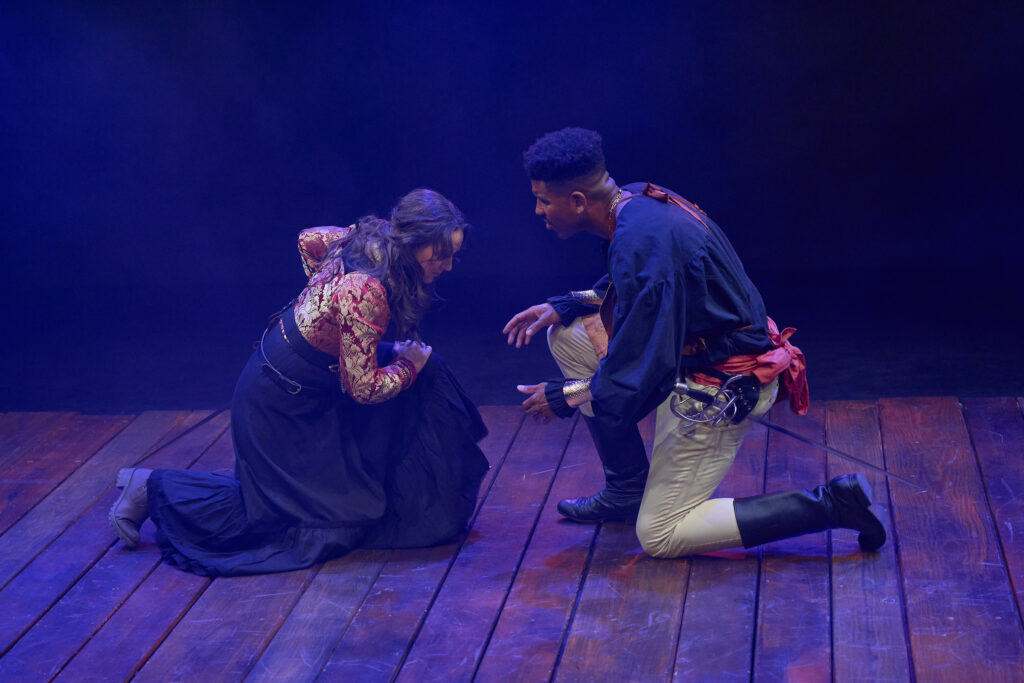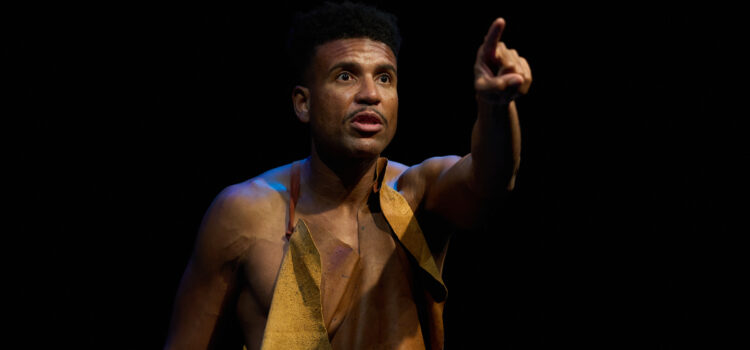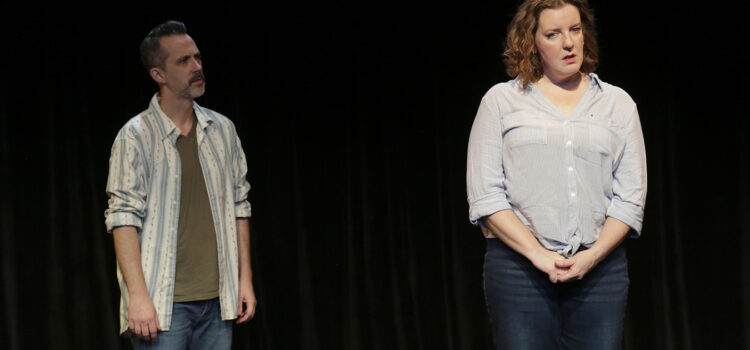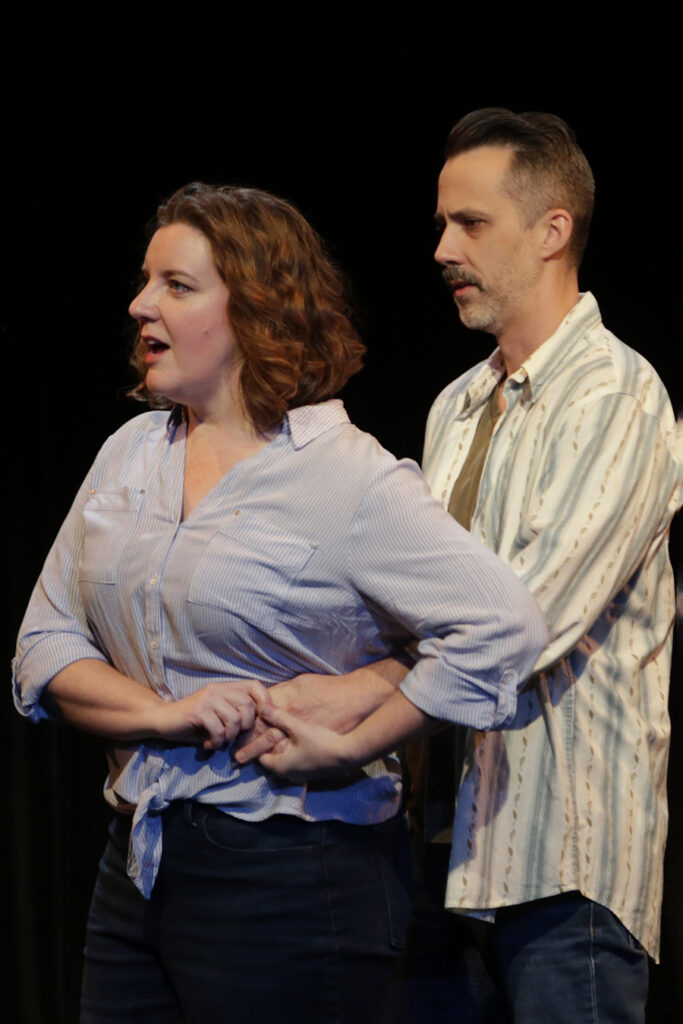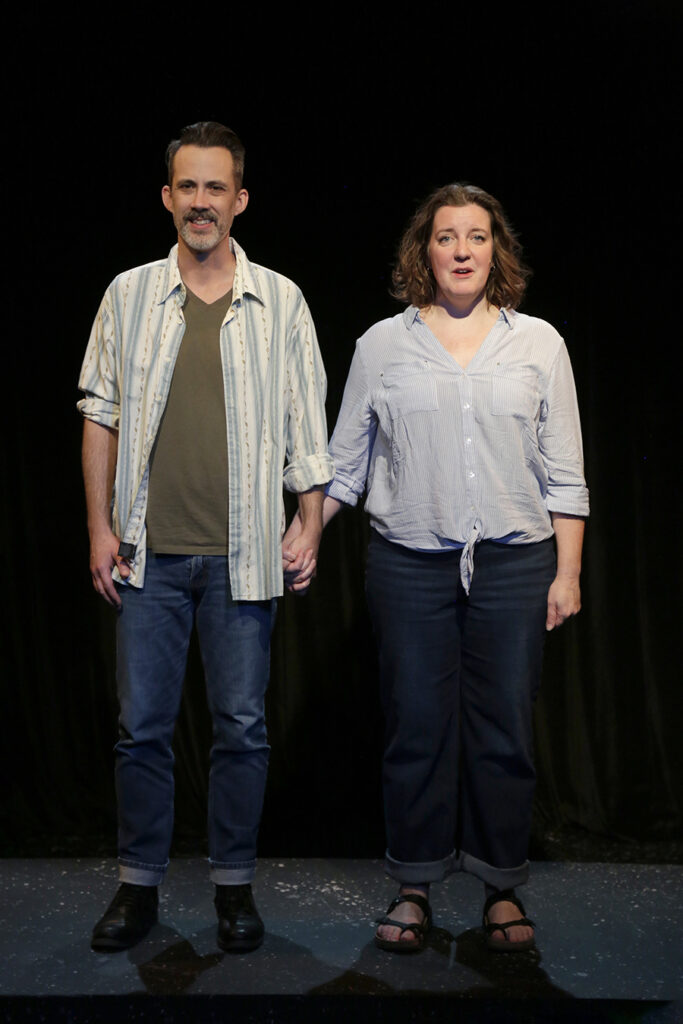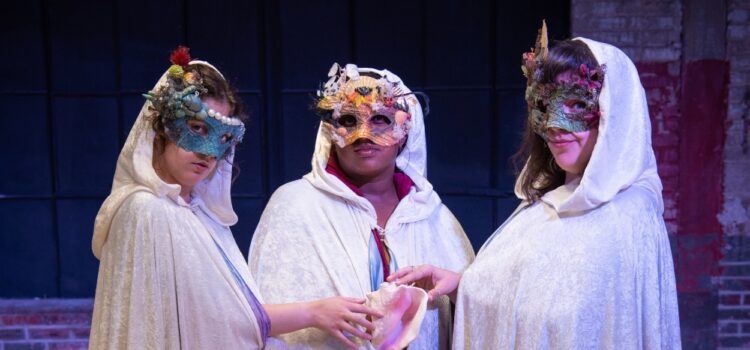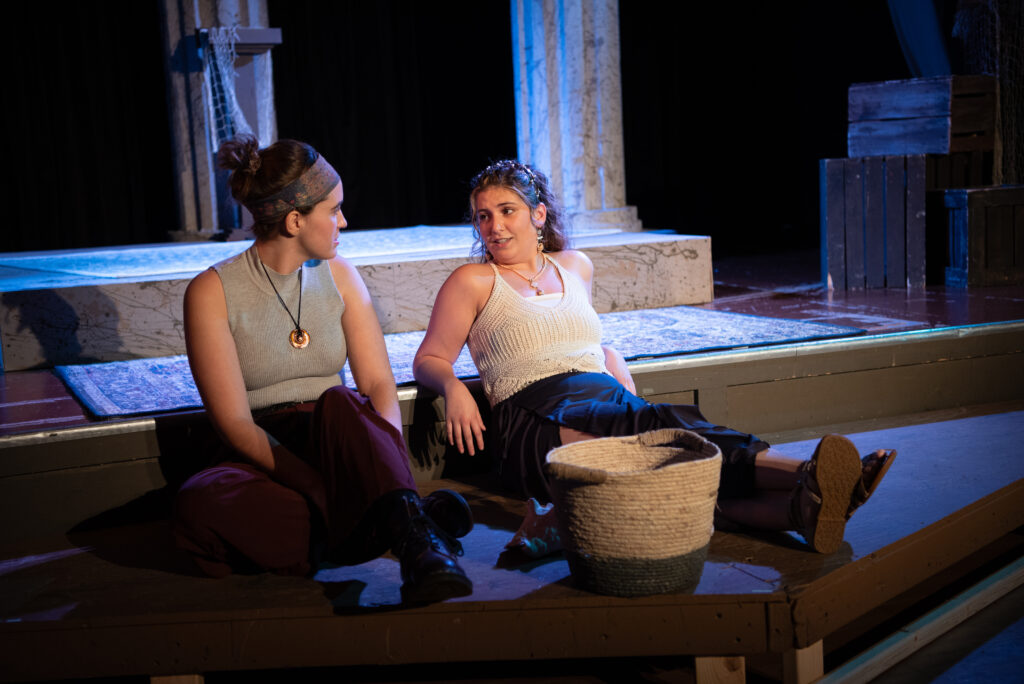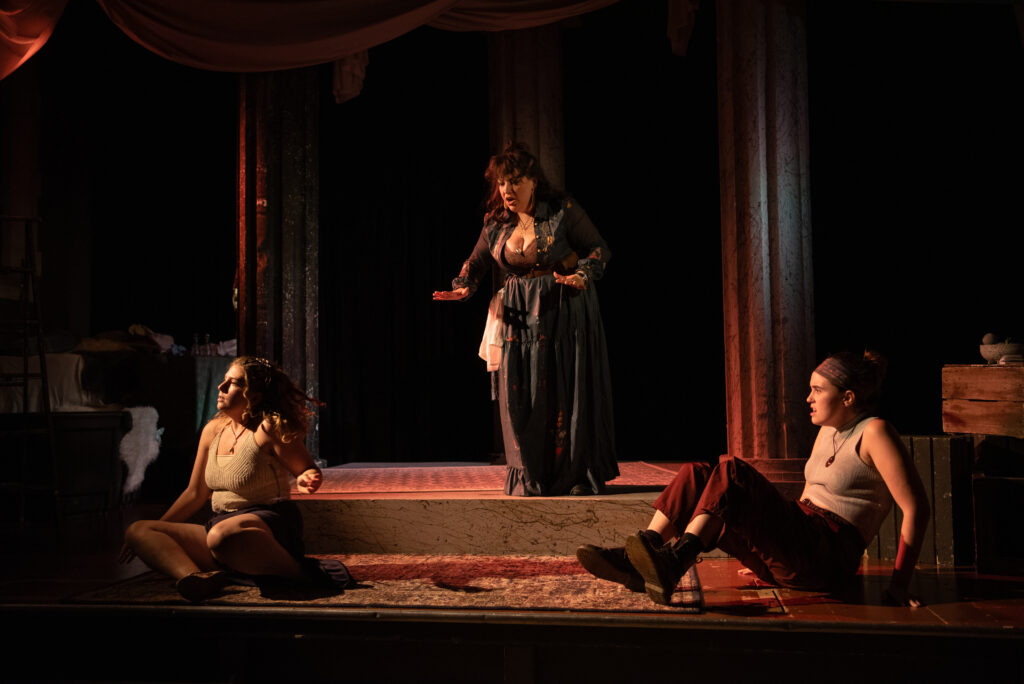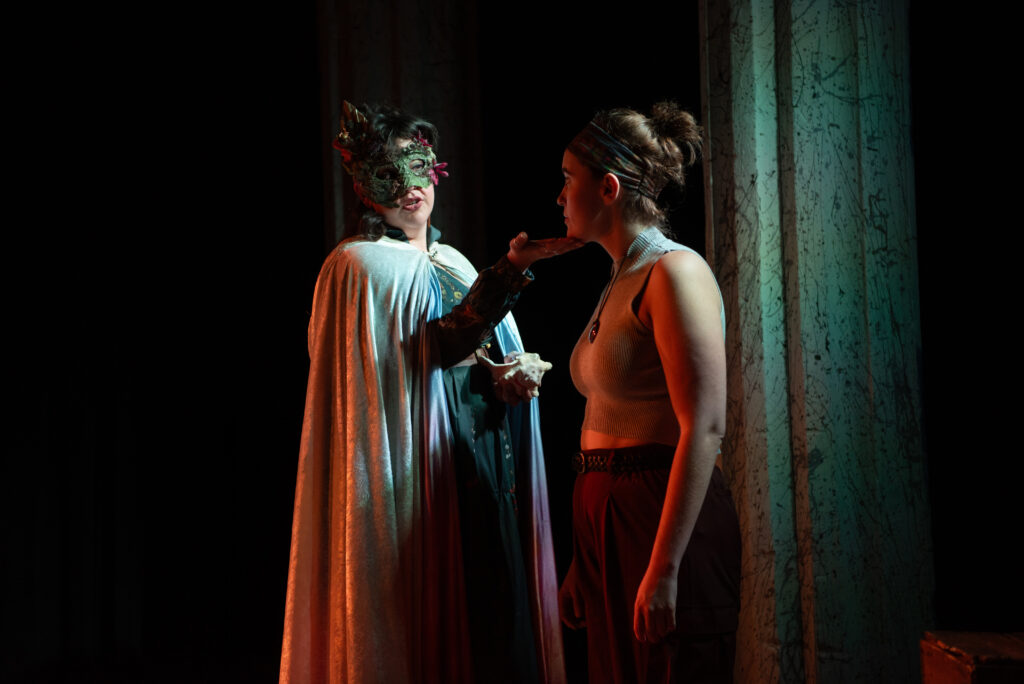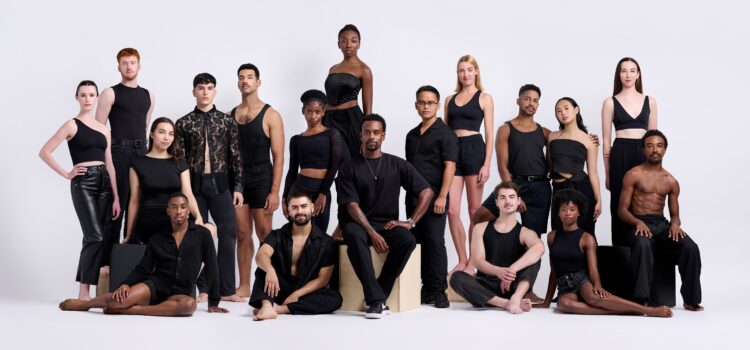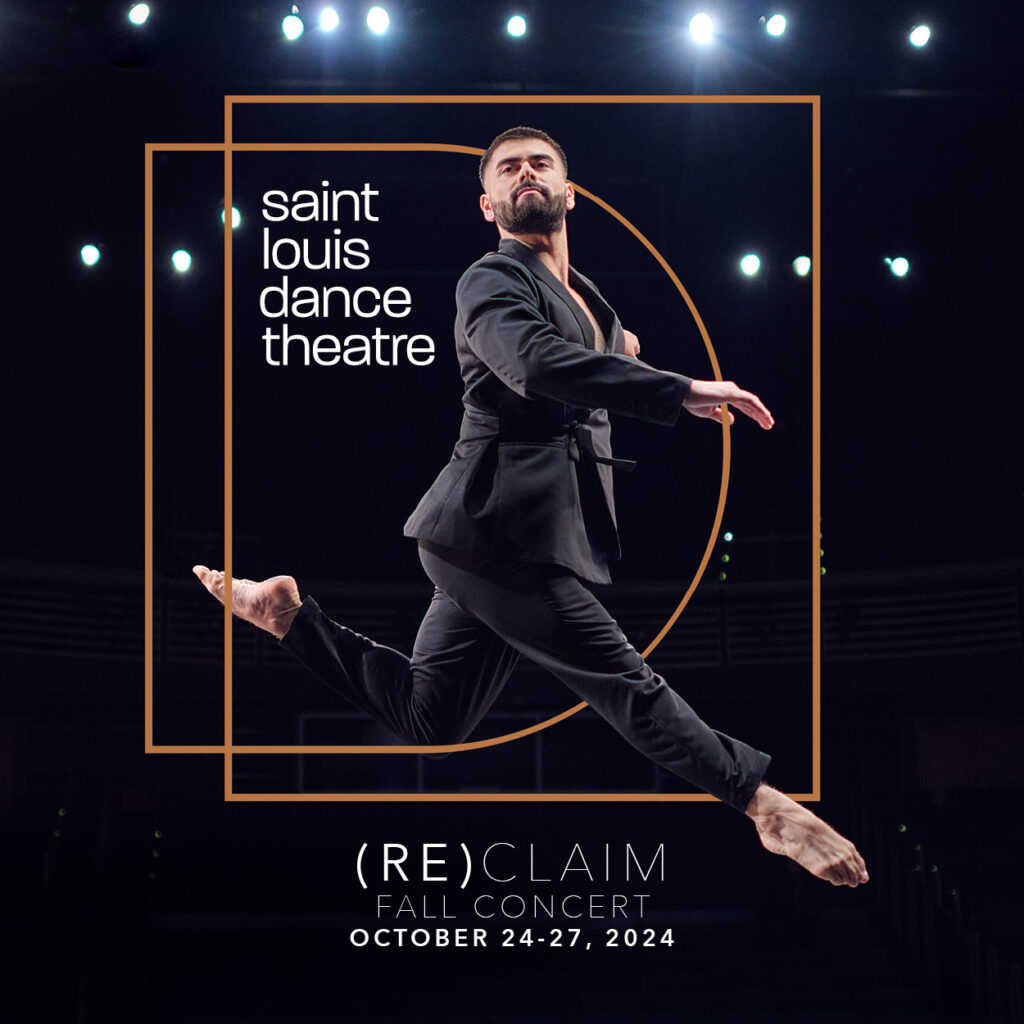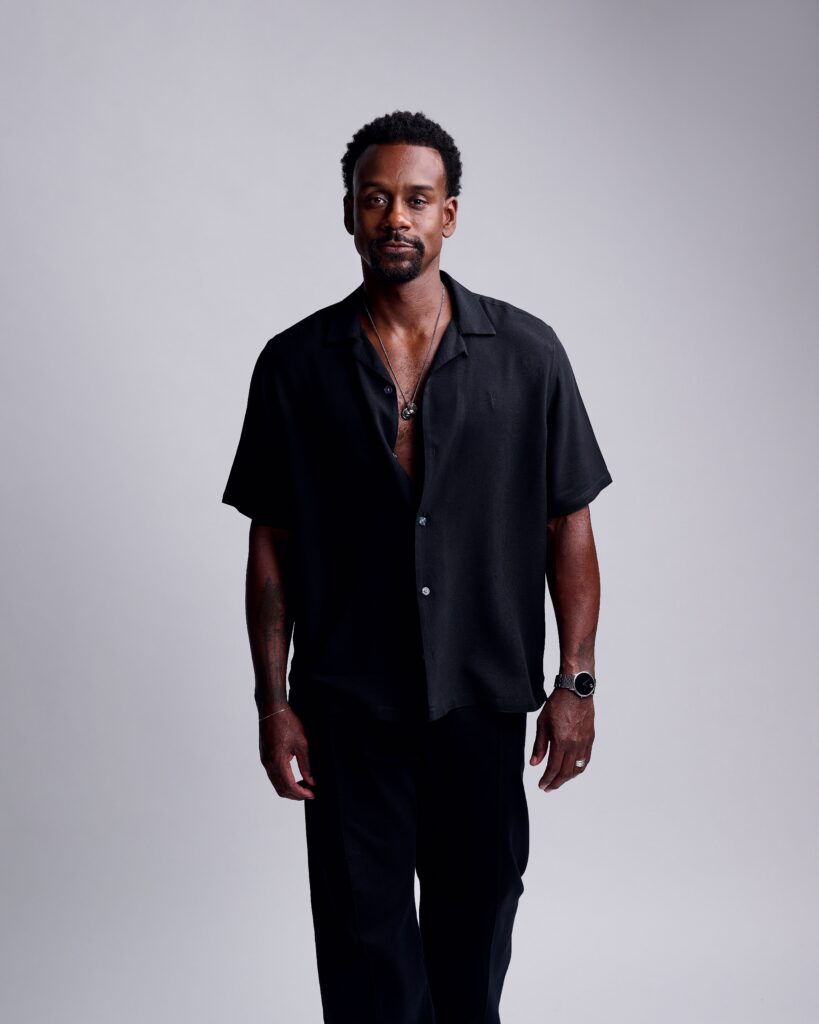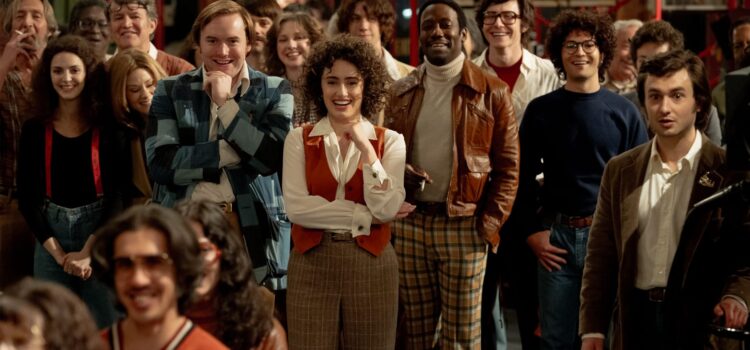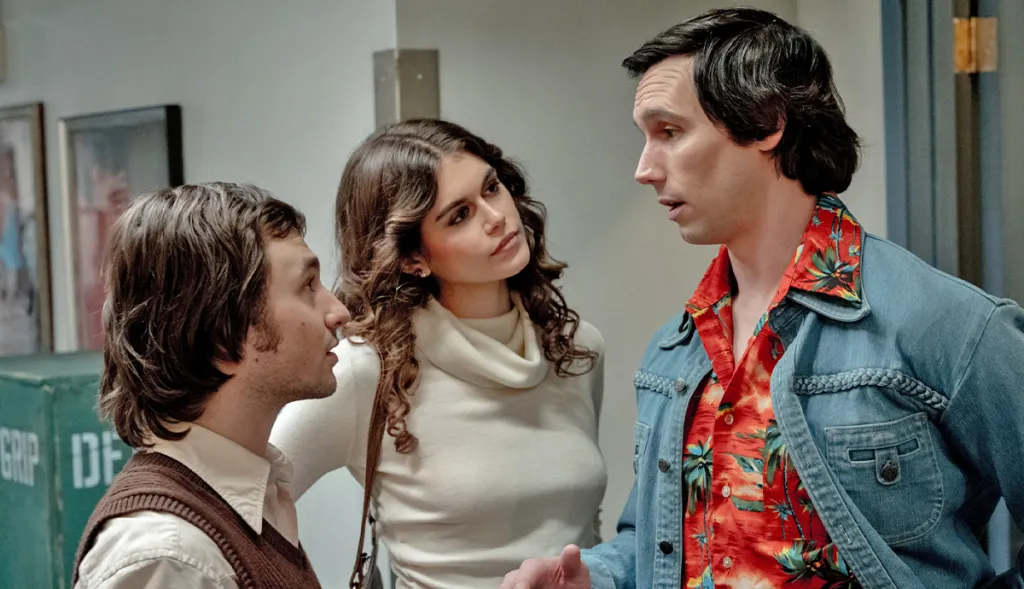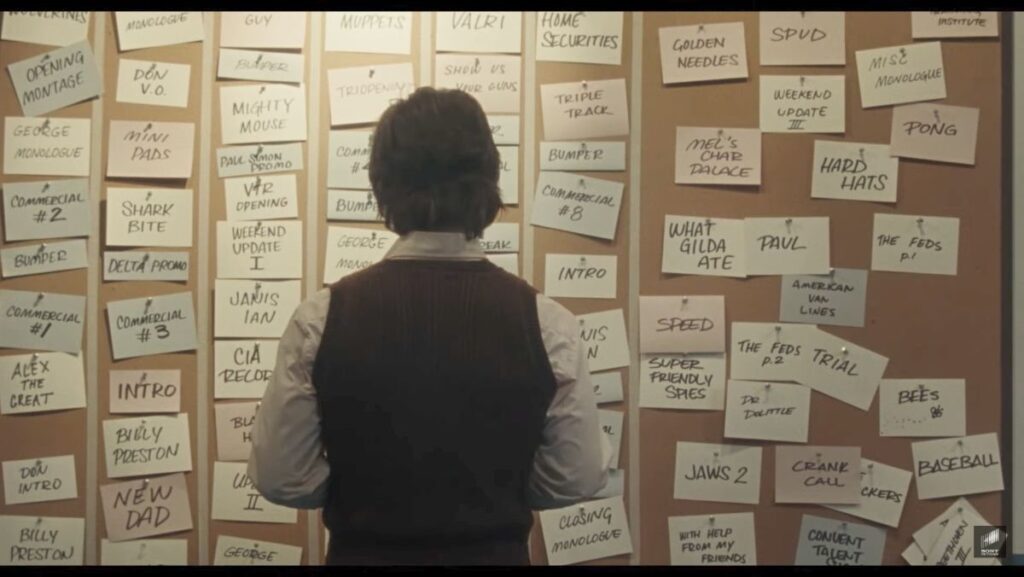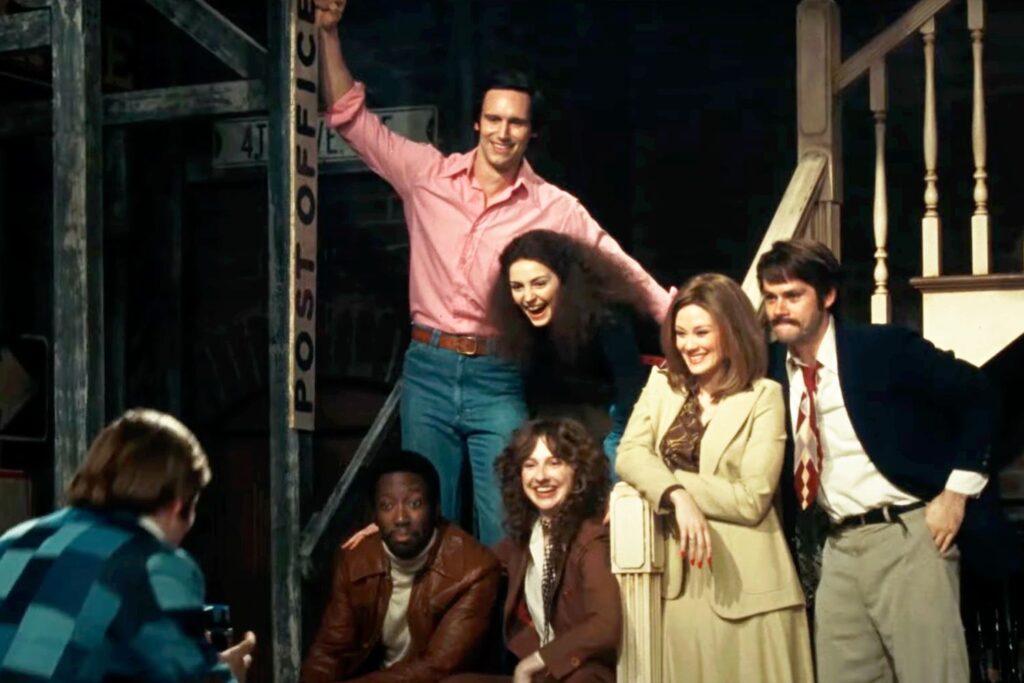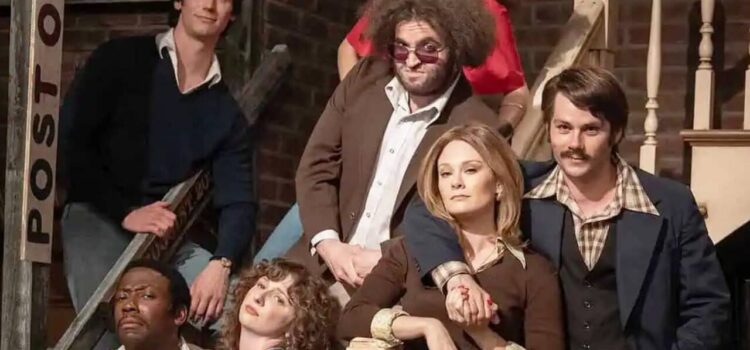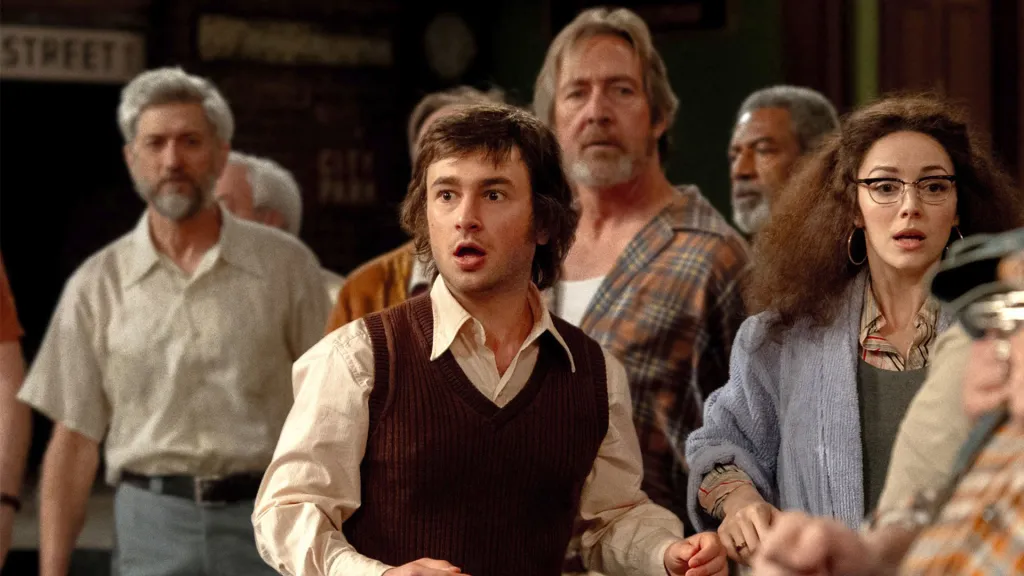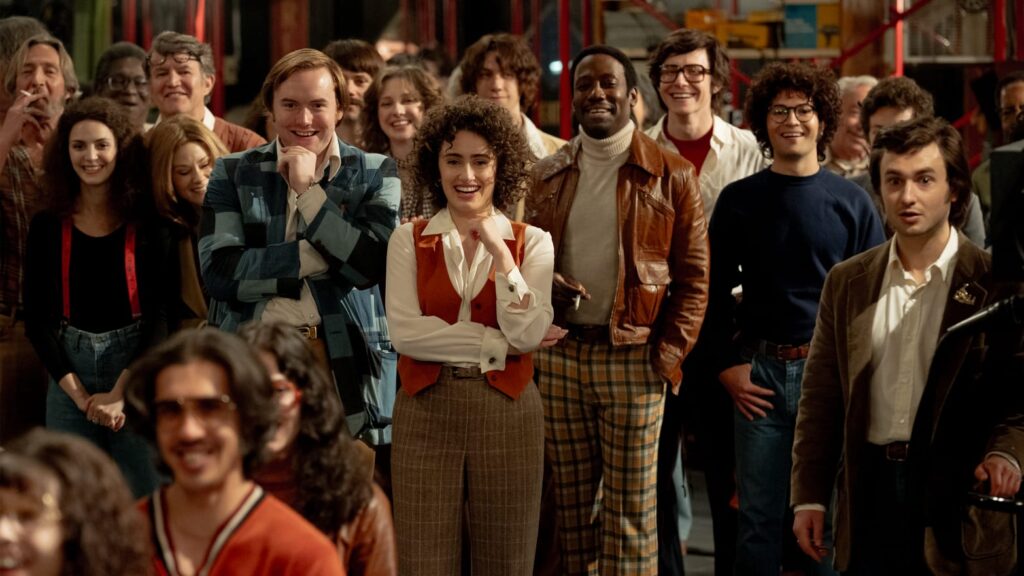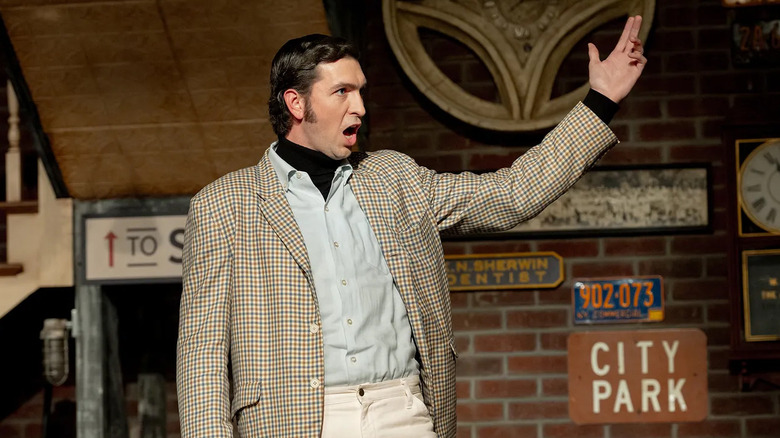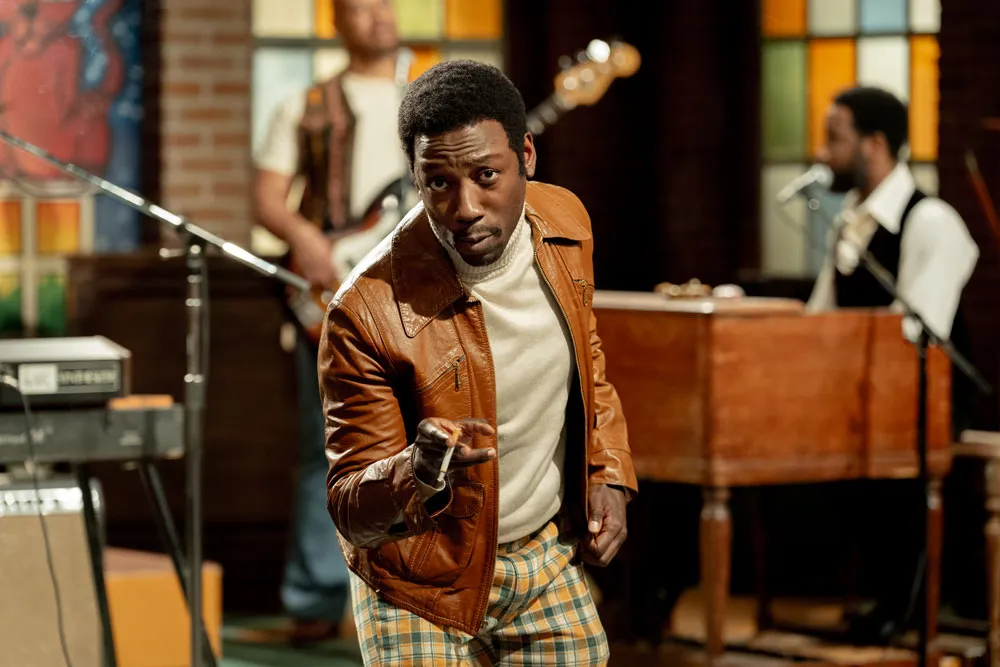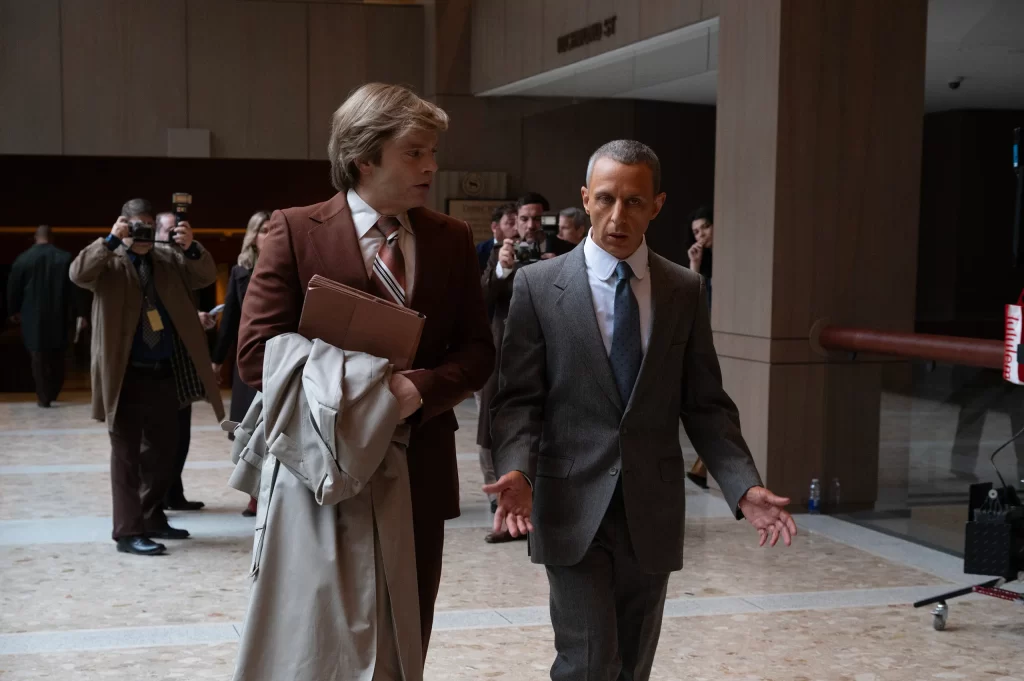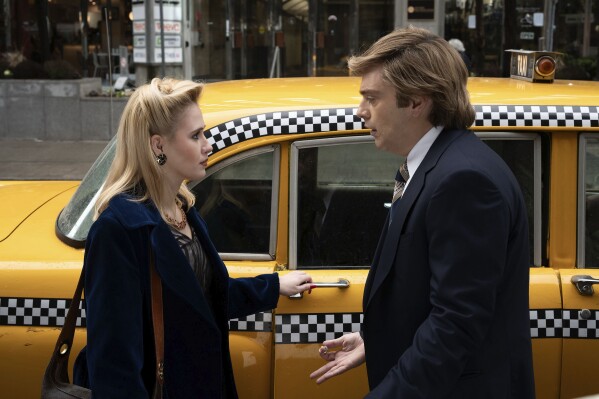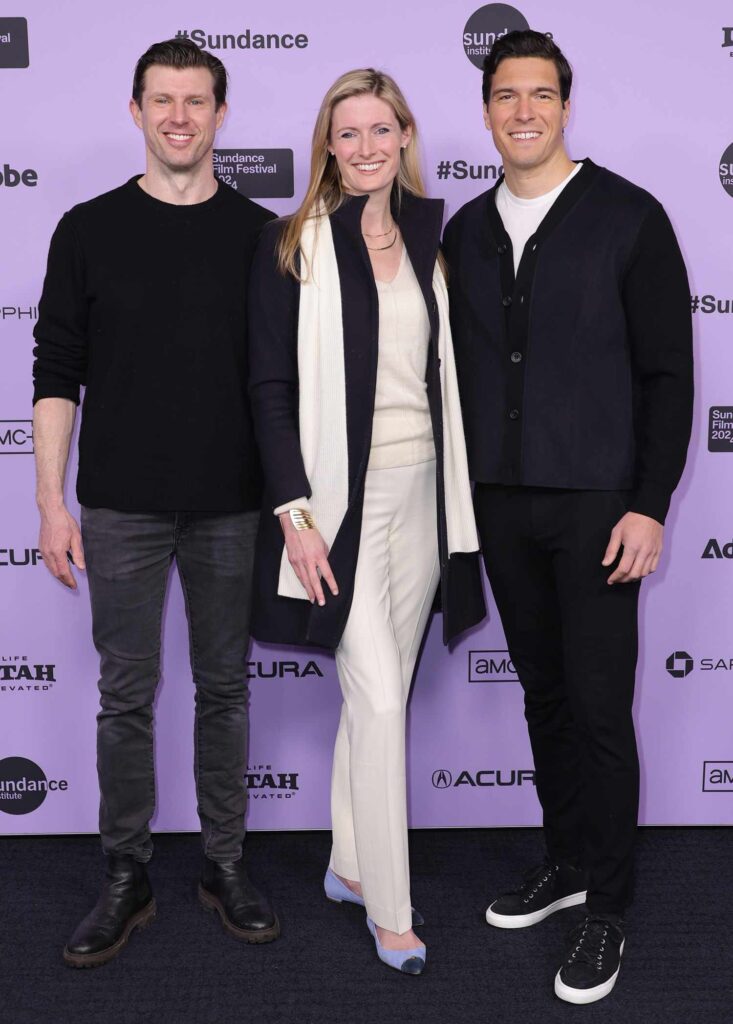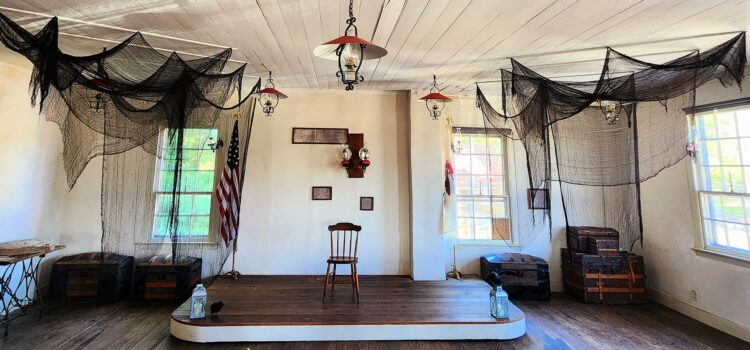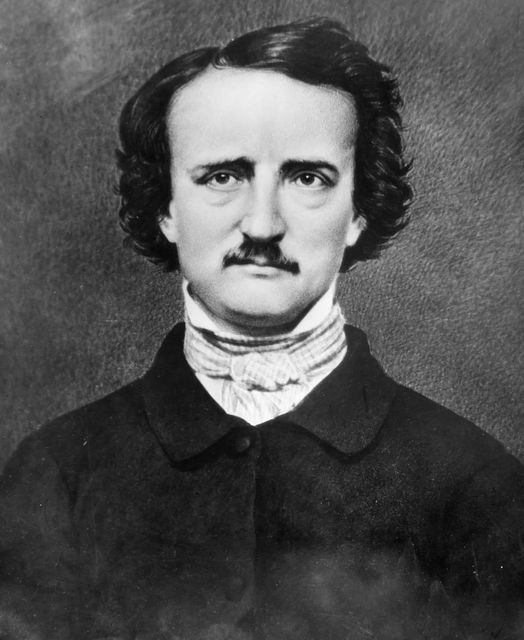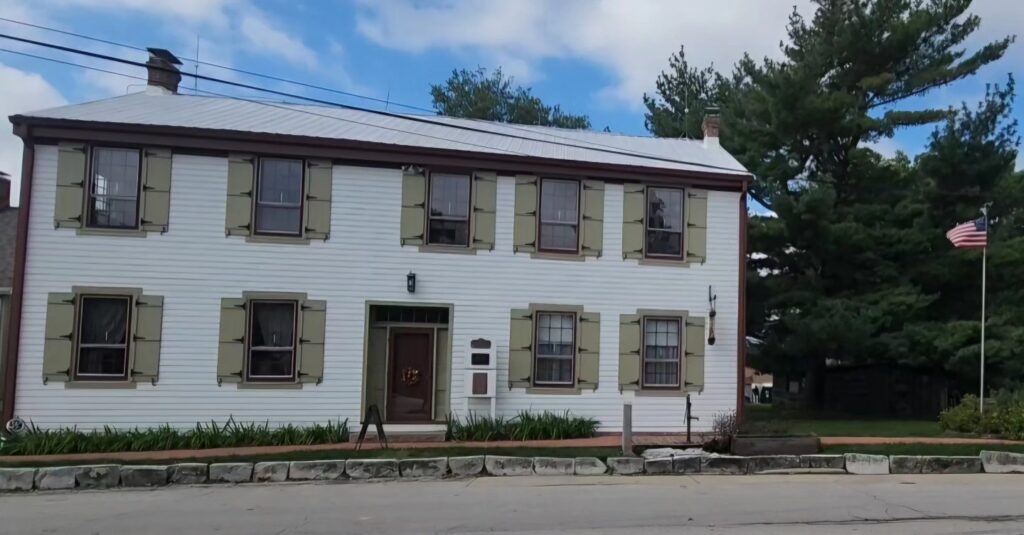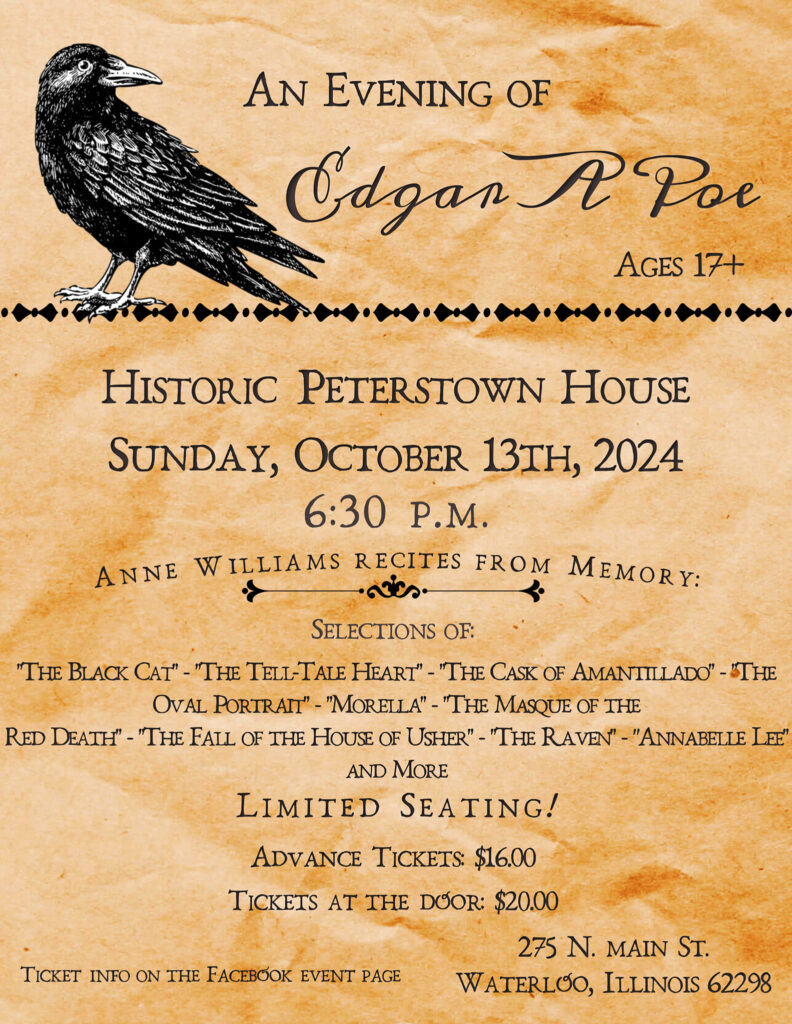By Lynn Venhaus
Pondering a conundrum like destiny or free will is what the Spanish classic drama “Life is a Dream” aims to do.
Because the material is from a different era and country, a director’s key quest would be to cast the right people to re-energize a verse translation for a modern audience. And thoughtful chronicler Philip Boehm did just that – he gathered a dream team to fulfill his vision in a superbly produced Upstream Theater play.
They added the polish, he delivered the panache for this stimulating allegory about illusions vs. reality. Its broader appeal speaks to the blurred lines and political uncertainty of today.
The 1635 play by Pedro Calderon de la Barca, a legendary literary figure, comments on the Spanish Inquisition, and how it used the law to combat heresy. At issue was religious freedom and scientific truths vs fundamentalists and Biblical doctrine. This version was translated by G. J. Racz, a humanities professor, in a 2006 Penguin Classics publication.
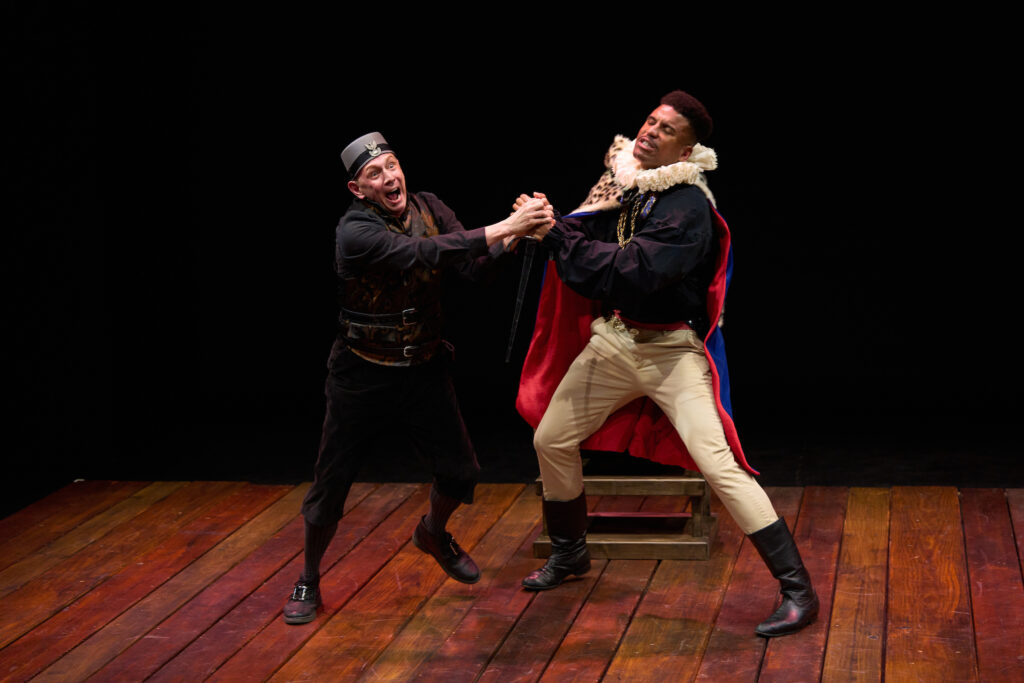
On a barren stage, with only a chair and a set of chains visible in a scenic design by Patrick Huber, a royal tale of birthright, palace intrigue, and political maneuvering unfolds in a precise, methodically composed way that emphasizes intricate motives and flawed humanity.
The setting is Poland and Russia plays part in the power-jockeying underway. That a 17th century work could captivate an audience 400 years later is a credit to the talent on stage but also the creative team behind the scenes.
Calderon, regarded as one of the most distinguished playwrights of his time, grappled with perceptions vs. what really happened, which is parallel to today’s acceptance of ‘alternative facts.’
Boehm uses that dichotomy to tell this story in the style of the Spanish Golden Age, a period also marked by Miguel de Cervantes’ “Don Quixote” in 1605, for reference. (If the framework reminds one of the Elizabethan era, that’s certainly valid, too).
Boehm, an astute student of history, has made Upstream’s focus, since 2005, one of bringing contemporary and classic world theater that “move you, and move you to think.” He is looking for a deeper connection here between the past and present concerning fate and reason.
And that assignment is understood by the nine performers – one of Upstream’s larger casts – who invigorate that space and command attention at every turn.
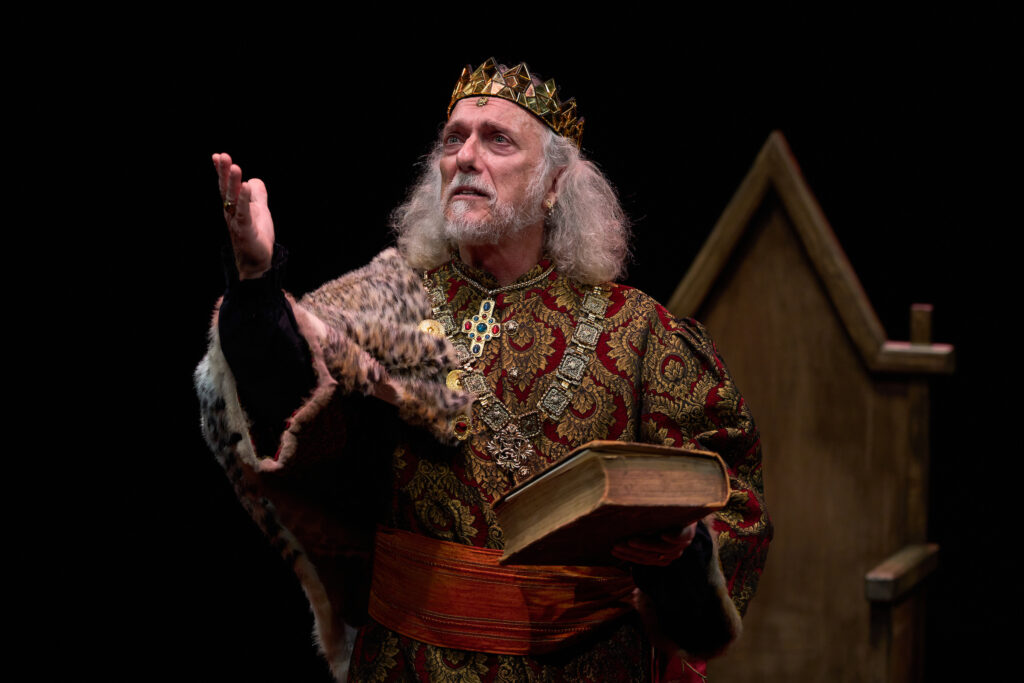
Emerging from (semi) retirement to portray the resolute ruler King Basil, Jerry Vogel reminds us why he is considered one of St. Louis’ finest actors. In his 10th Upstream appearance, he convinces as a man of contradictions — a mathematician swayed by superstition and intent on preserving his power through a prophecy.
Paying heed to an oracle, he imprisoned his son, Segismund, at birth, so that he couldn’t become a threat, challenging his father’s authority – and even kill him.
It’s now 25 years later, and second thoughts have led him to free his son from captivity, basically unleashing a beast – but as a test, physically and psychologically – to see if he could turn over his kingdom to the prince.
In a fierce performance, Reginald Pierre lashes out as the incarcerated heir, confused by his freedom and struggling with decision-making. If given the chance to defy his fate, can he? Or will emotions rule from the heart and not the head?
Of course, he wreaks havoc at the palace, but the king has put a safeguard in place – if he feared his son’s actions, he’d jail him again, drug him, and say it was all a dream.
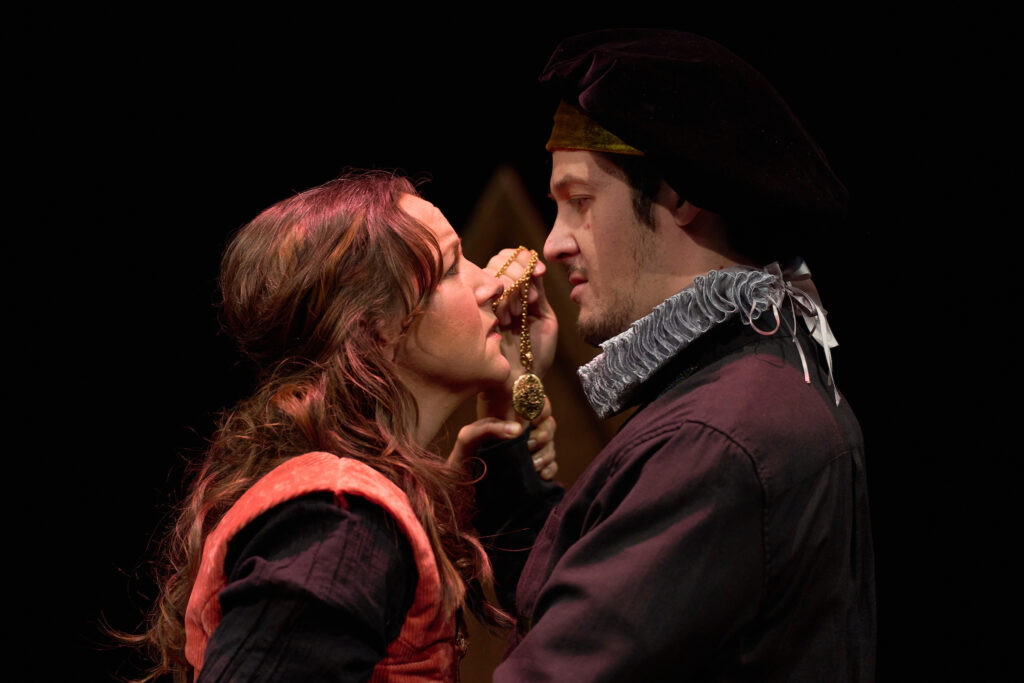
Then, he would abdicate so his niece and nephew could ascend to the throne. First cousins Astolf (Mitchell Henry-Eagles), Duke of Moscow, and Stella (A.J. Baldwin) are a pair not to be trusted.
Rosaura (Jennifer Theby-Quinn) enters the picture, a Russian noblewoman disguised as a man, so she can exact revenge on Astolf, who behaved very badly in the name of love. She and her servant Clarion (Alan Knoll) are in a jam. Their horses have run off, and they discover the secret tower where Segismund is chained.
The plot thickens as secrets are revealed. Clotaldo (Gary Glasgow), the king’s right-hand man and old nobleman, discovers that a secret he has kept for years, has now materialized with the sword Rosaura possesses. It is the one he left in Moscow that he intended for his child. Rosaura is unaware that he is her father.
As supporting players, Bryce A. Miller and Michael Pierce capably fill multiple roles as guards, servants and soldiers. Pierce was also the fight coordinator for the show.
Pierre’s dynamism is matched by the ensemble’s crisp delivery and spirited characterizations. Their understanding of the text speaks to the experience of the veterans in the cast, those who have performed in local Shakespeare and classic literature presentations.
Theby-Quinn, a three-time St. Louis Theater Circle Award winner, always brings a vitality that stands out on stage, even when the roles are as confined gender-wise, as a 17th century female fighting for her honor, would be. She’s as robust as Knoll is funny. His Clarion has fun playing the fool that he’s been pigeon-holed as, making him even more amusing.
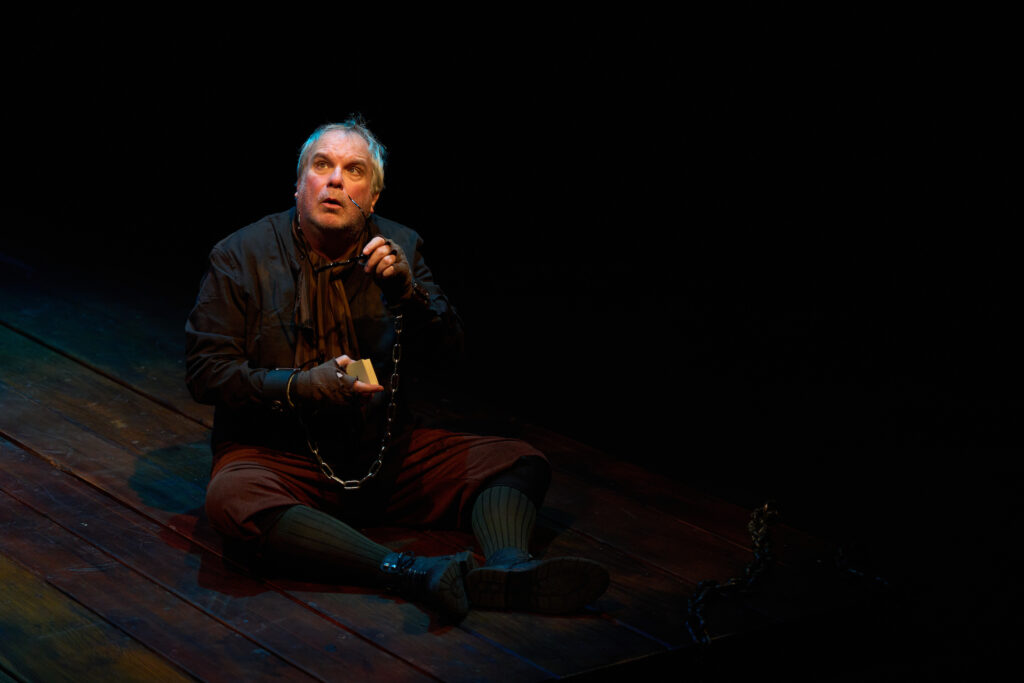
Costume Designer Michele Friedman Siler’s use of various textures in royal attire is striking, as is Steve Carmichael’s lighting design, adding to the moody atmosphere. Philip Boehm and Sabria Bender’s sound design was flawless.
The creative team included Jane Paradise as assistant director, Patrick Siler as stage manager, Brian Macke technical director, and Emma Glose on props.
When rebels free the prince from the tower, Segismund has learned a great deal – and above all, lessons of love and forgiveness. The storytelling has a few surprises, so it’s not as easy to predict, but ends optimistically as honor is restored.
To borrow from that enlightened period, to dream an impossible dream – bear sorrows, right wrongs, and keep hope alive, is a noble endeavor that leads to more understanding. “Life Is a Dream” makes a case for living in the present, but also keeping dreams alive, and Upstream underlines that with exclamation points.
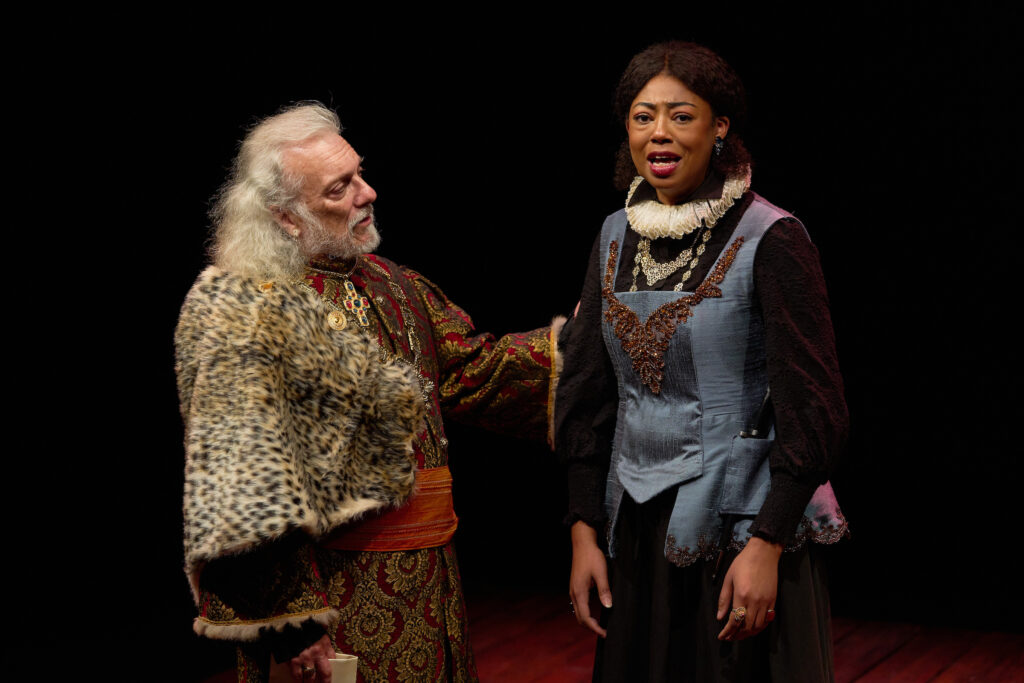
Upstream Theater presents “Life is a Dream” Oct. 18 – Nov. 3 at The Marcelle Theatre, 3310 Samuel Shepard Drive, St. Louis. Performances are Thursday through Saturday at 8 p.m. and Sunday at 2 p.m., with a special evening performance instead at 7 p.m. on Oct. 20. The play runs 2 hours and 20 minutes with an intermission.
Bohemian Thursday is Oct. 24, and all tickets are $15. For more information, visit www.upstreamtheatre.org
